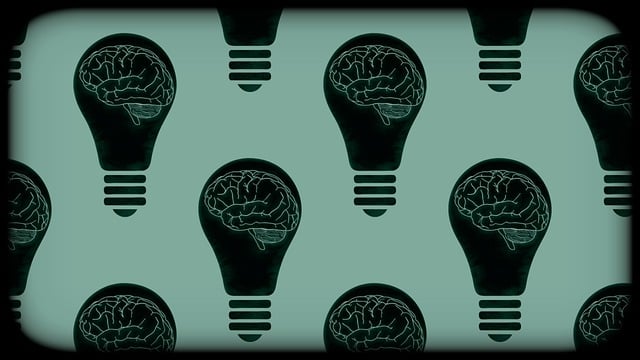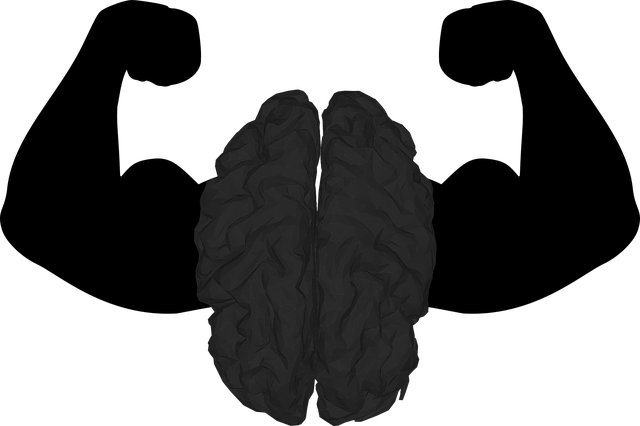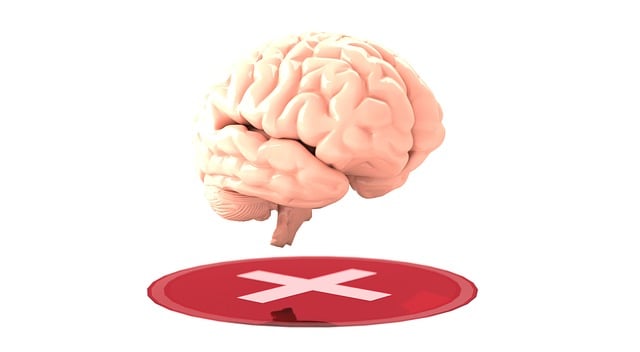Media portrayals significantly impact societal views of mental illness, with unrealistic depictions leading to stigmatization and hindering support for affected individuals. Accurate and nuanced media coverage, such as that seen through Englewood Codependency Therapy (ECT), fosters empathy, encourages self-esteem improvement, and promotes initiatives like ECT. Responsible media representations enable education, advocacy, and conversations about mental wellness, creating a more inclusive society where individuals struggling with mental health feel understood and empowered. ECT's holistic practices, including crisis intervention, positive thinking exercises, and personal history analysis, revolutionize media portrayal by addressing individual experiences and societal perceptions, ultimately shaping more accurate and empathetic media representations of mental illness.
Mental illness representation in media significantly influences public perception and understanding of mental health. This article explores the impact of media portrayals, delving into strategies to challenge stereotypes. We present Englewood Codependency Therapy as a holistic approach that redefines narratives, promoting accurate and empathetic depictions in popular culture. Furthermore, we offer practical strategies for building awareness and fostering positive change, aiming to enhance societal understanding and support for individuals facing mental health challenges.
- Understanding the Impact of Media Portrayals on Mental Health Perception
- Englewood Codependency Therapy: A Holistic Approach to Challenging Stereotypes
- Promoting Accurate and Empathetic Depictions in Popular Culture
- Strategies for Building Awareness and Fostering Positive Change
Understanding the Impact of Media Portrayals on Mental Health Perception

Media portrayals of mental illness significantly shape societal perceptions and understanding of psychological conditions. The way mental health issues are depicted in movies, television shows, and news articles can influence public opinion, often perpetuating stereotypes or, conversely, fostering empathy and awareness. For instance, unrealistic representations of depression as a simple mood swing or schizophrenia as a form of madness contribute to the stigmatization of these disorders, hindering those affected from seeking necessary support. On the other hand, accurate and nuanced media coverage can challenge these misconceptions, encourage self-esteem improvement, and promote mental wellness initiatives such as Englewood Codependency Therapy.
A responsible portrayal of mental illness in media offers a platform for education and advocacy. By presenting characters grappling with conditions like anxiety or bipolar disorder in a relatable manner, audiences become more receptive to the challenges faced by individuals living with these disorders. This, in turn, can inspire conversations about mental wellness podcast series production, encourage self-reflection, and facilitate access to resources that aid in mood management. Such positive representations are vital steps towards creating a more inclusive and supportive society where those struggling with their mental health feel understood and empowered.
Englewood Codependency Therapy: A Holistic Approach to Challenging Stereotypes

Englewood Codependency Therapy (ECT) offers a transformative approach to challenging stereotypes surrounding mental illness, particularly in media representation. This holistic therapy focuses on addressing the complex interplay between individual experiences and societal perceptions. By providing a safe space for individuals to explore their emotions and relationships, ECT empowers them to reclaim their narratives and challenge societal norms.
Through crisis intervention guidance, positive thinking exercises, and a deep dive into personal histories, this therapy model fosters self-awareness and resilience. It encourages individuals to advocate for themselves and their communities, ensuring that mental health policy analyses are not just theoretical but grounded in real-world experiences. ECT’s innovative strategies contribute significantly to breaking down barriers and promoting accurate, empathetic portrayals of mental illness in media, leading to a more inclusive and supportive societal narrative.
Promoting Accurate and Empathetic Depictions in Popular Culture

Media has a powerful impact on shaping public perception, especially when it comes to sensitive topics like mental illness. Popular culture often presents stories that either perpetuate stereotypes or offer insights into complex conditions. To foster a more understanding and compassionate society, there is a growing need for accurate and empathetic representations in media. This involves showcasing diverse experiences of mental health struggles without oversimplifying or sensationalizing them.
Englewood Codependency Therapy (ECT) serves as an excellent example of promoting positive change. ECT encourages clients to explore their emotional well-being through various techniques, including therapy sessions and mental wellness journaling exercises. By sharing such narratives, media can contribute to the development of public awareness campaigns that educate and challenge preconceived notions about mental illness. This shift in representation not only benefits individuals struggling with mental health issues but also fosters a culture that prioritizes emotional well-being promotion techniques for all.
Strategies for Building Awareness and Fostering Positive Change

To address the challenge of mental illness representation in media and foster positive change, several strategic initiatives can be implemented. Englewood Codependency Therapy, for instance, focuses on empowering individuals to break free from unhealthy relationships and behaviors that may contribute to or exacerbate mental health issues. This therapeutic approach is just one example of how targeted interventions can make a significant difference.
Beyond therapy, integrating Mental Health Education Programs Design into mainstream education systems can equip individuals with the knowledge and skills needed to recognize and support those struggling with mental health challenges. Encouraging Self-Care Routine Development for Better Mental Health can also play a pivotal role in promoting resilience and overall well-being. Additionally, Social Skills Training has been proven effective in reducing stigma and fostering inclusive communities where everyone feels supported and valued, ultimately contributing to more positive representations of mental illness in media.
Mental illness representation in media significantly shapes public perception and understanding. By promoting accurate and empathetic depictions, we can challenge harmful stereotypes and foster a more inclusive society. Englewood Codependency Therapy offers a holistic approach to addressing these issues, while strategies for building awareness encourage positive change. Together, these efforts can revolutionize how mental health is portrayed, leading to improved support and reduced stigma.














